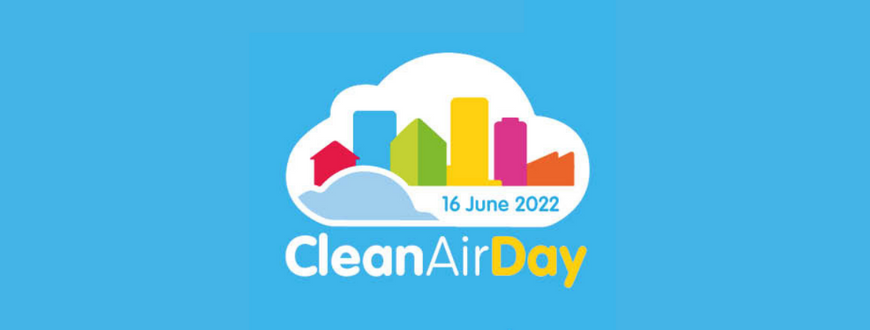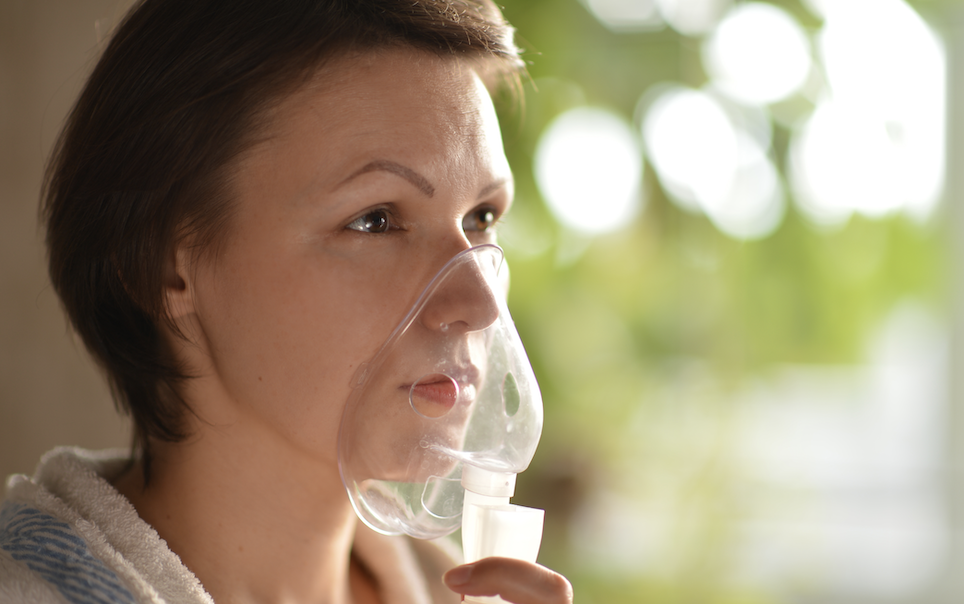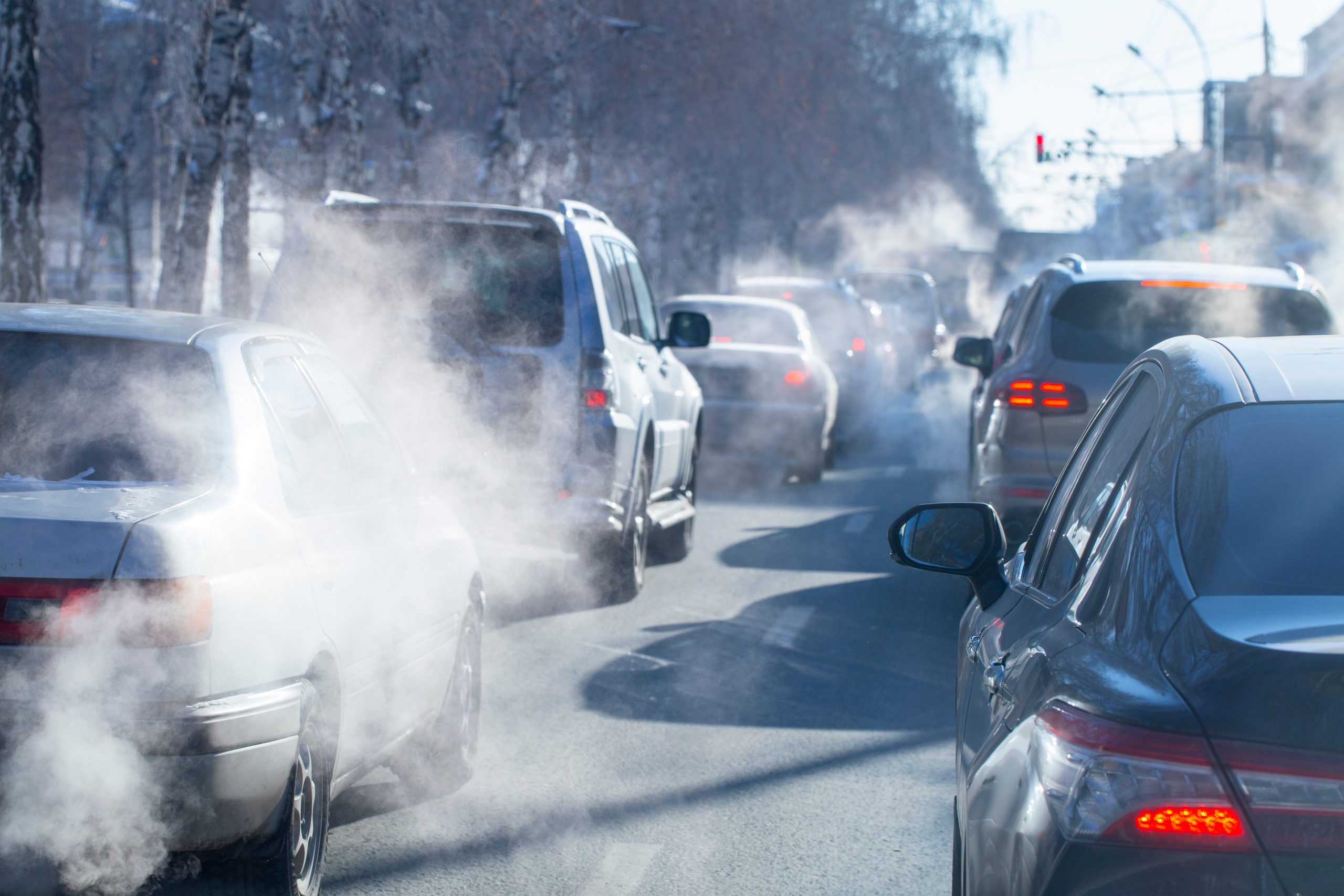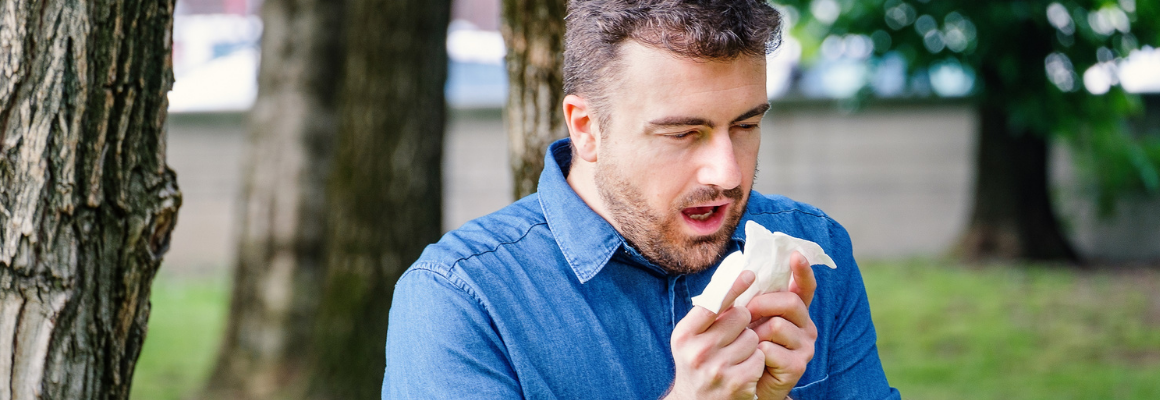How air quality links to allergy
There is a proven link between the quality of the air we breathe and the health of people living with allergic disease. Pollutants in the air can trigger respiratory symptoms, for example, a cough, breathing difficulties or wheezing in those people who are susceptible to environmental allergies. These exposures can impact on how well controlled allergic rhinitis (hay fever), asthma and other allergic disorders are and, at worst, may contribute to a flare up or exacerbation which requires medical attention.
Top tips on avoidance
- Where pollution is a trigger avoid regular physical activity alongside high volume traffic roads or near other sources of combustion such as burning of wood, biomass, or other materials
- When pollen is a trigger avoid activities and being outside on high pollen days, particularly during windy days and thunderstorms. Keep a current asthma action plan
- In choosing walking, biking or exercise routes consider your potential exposure to traffic pollutants and, if you can, choose routes that take you away from polluted areas
Avoidance of air borne allergens and pollutants can be difficult, but the following may help
- Check daily the pollen and air pollution forecasts where you live
- Consider reducing time spent outside during high pollen/pollution counts (e.g., If you usually exercise outside consider an indoor swim/gym session instead)
- Remain indoors (when possible) during high pollen seasons, particularly on windy days or after thunderstorms
- Avoid activities known to cause exposure to pollen, such as mowing grass
- Shower after outdoor activities where exposure to pollen has been high
- If you cycle to work/school, consider the use of a face mask that can filter small particulates
- Consider carpooling to work or shared school runs to minimise the amount of vehicles making the same journey
- Wearing sunglasses and a hat to prevent pollen getting onto the skin, eyes, hair
How to support clean air day
This #CleanAirDay there are simple steps we can all take to cut down on the #airpollution we cause and use our voices to fight for a cleaner air future.
- Join a conversation to learn more about the harms if air pollution
- Walk those short distance trips and leave the car at home, where you can.
- Avoid ordering non-essential, polluting deliveries
Take steps to improve your health this #CleanAirDay.
Patient Charter – Time for change
This year Allergy UK launched first ever Patient Charter for Allergy at the House of Commons to lobby for improvements in the healthcare provision for people living with allergies. Allergic disease is influenced by a number of complex issues such as globalisation, climate change and the pollution in the air we breathe. The charter represents the voices of our allergic community; people whose lives have been impacted by a disease that has no cure; parents fearful for the safety of their children; the children themselves who experience isolation and bullying; and the people with allergy and asthma who are the first to suffer because of poor air quality.
This Clean Air Day we are joining the pledge for better air quality for those more susceptible to exacerbated symptoms of allergy and calling for a UK introduction of Allergy UK’s Patient Charter to ensure the rights of patients living with allergic disease are recognised.
It’s time to take allergy seriously.

 Helpline
Helpline


